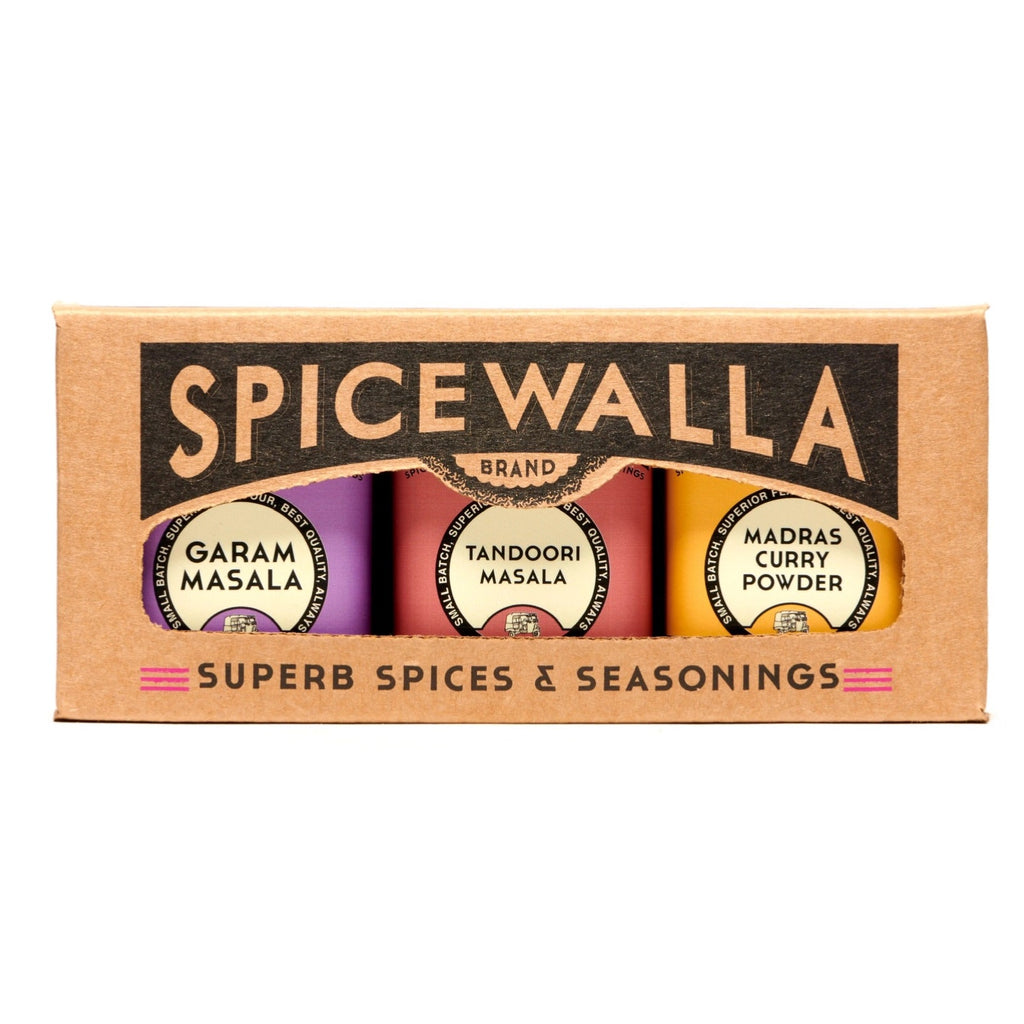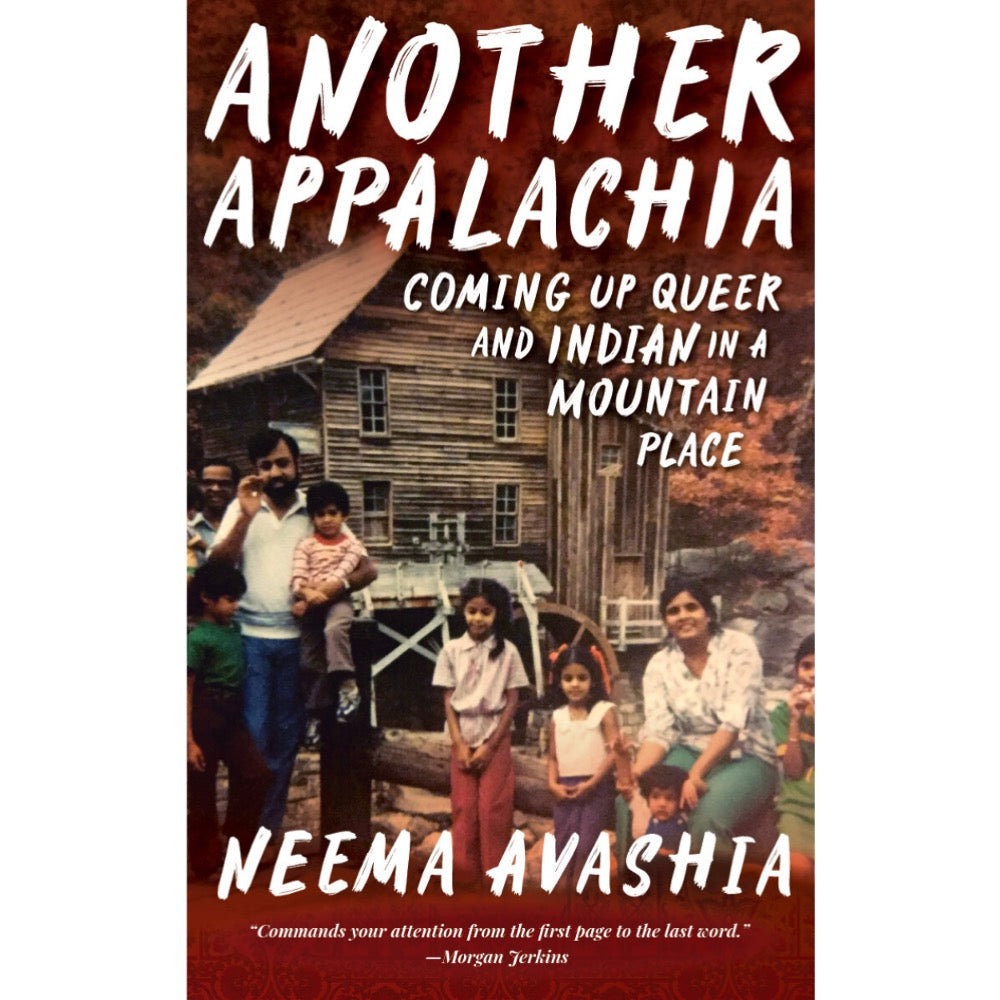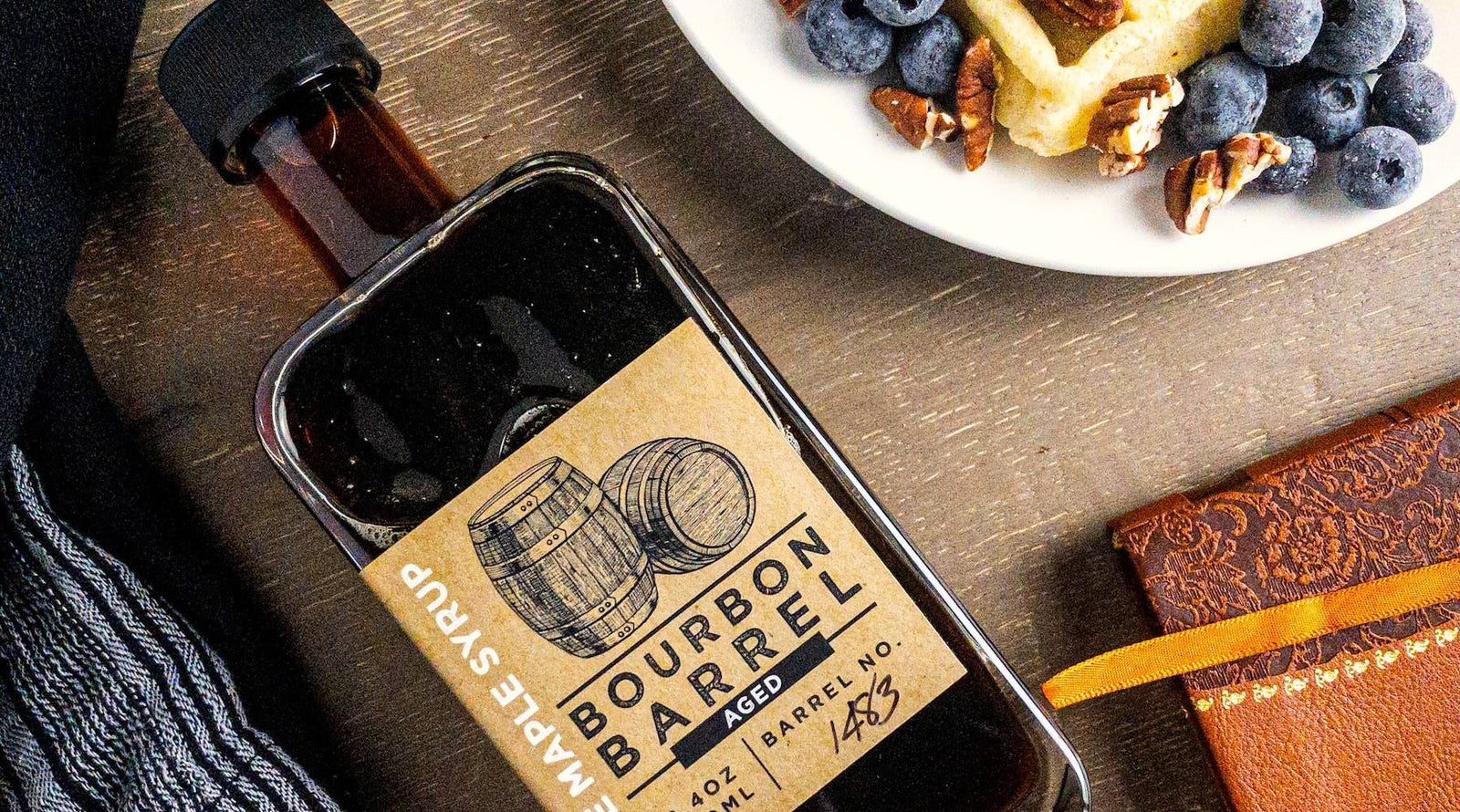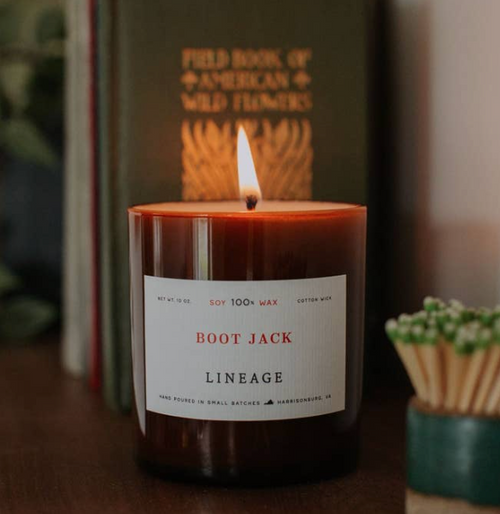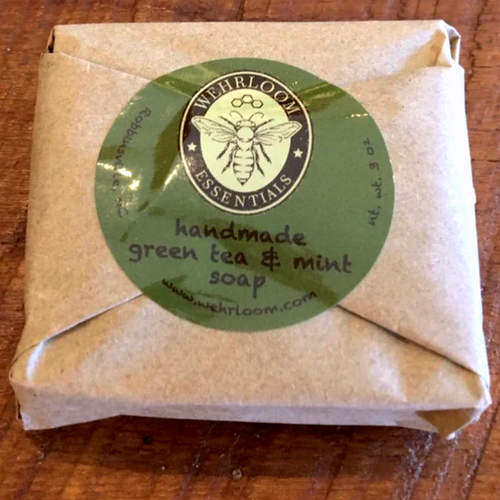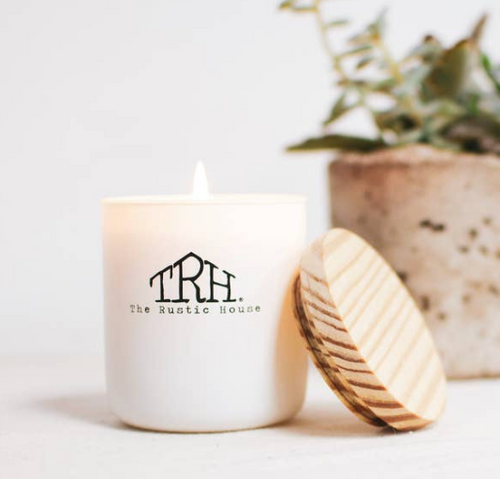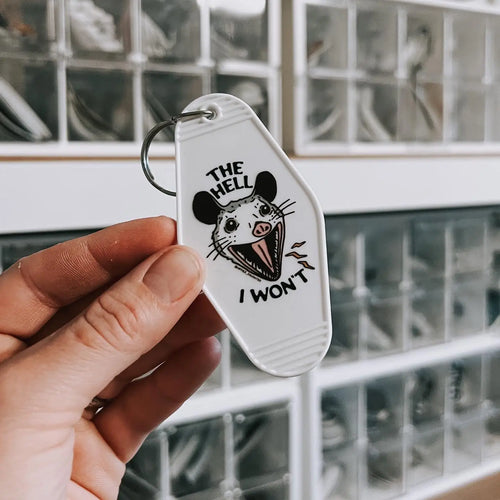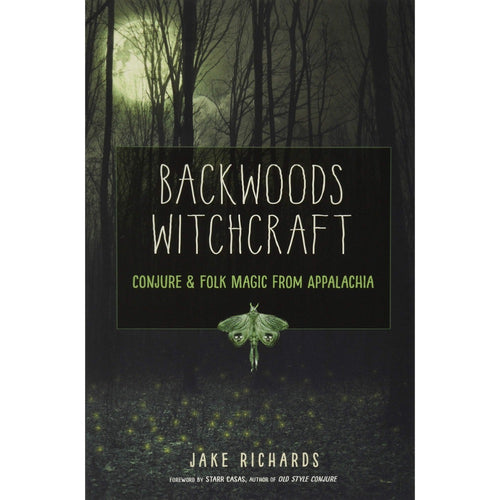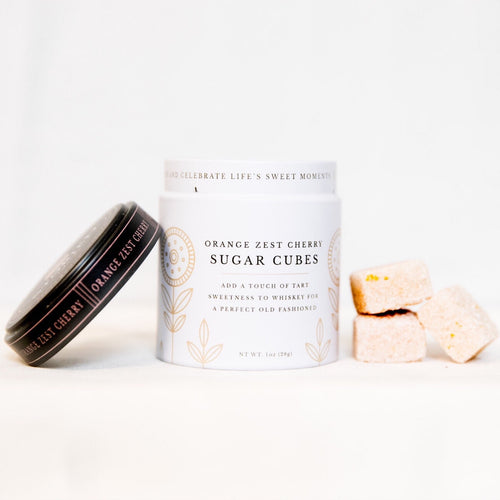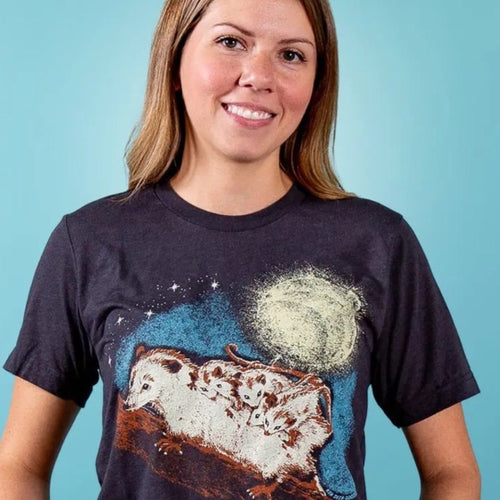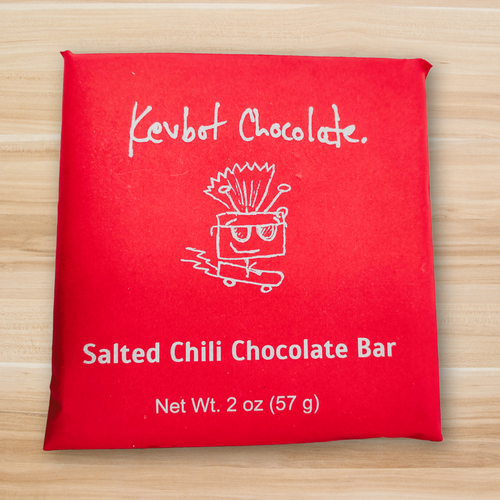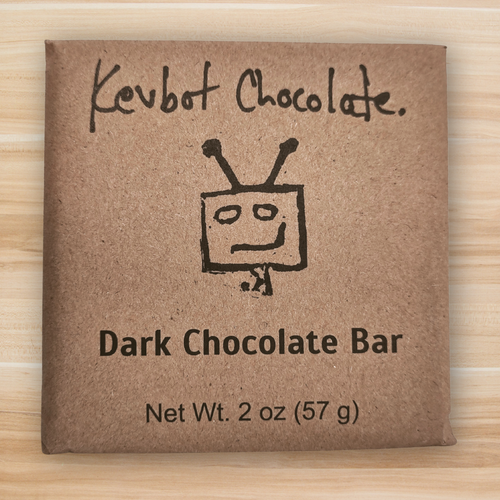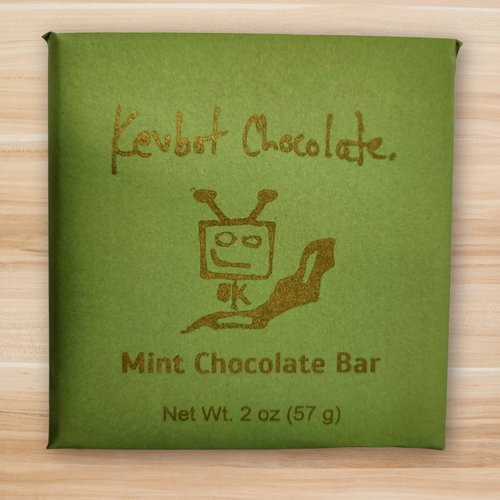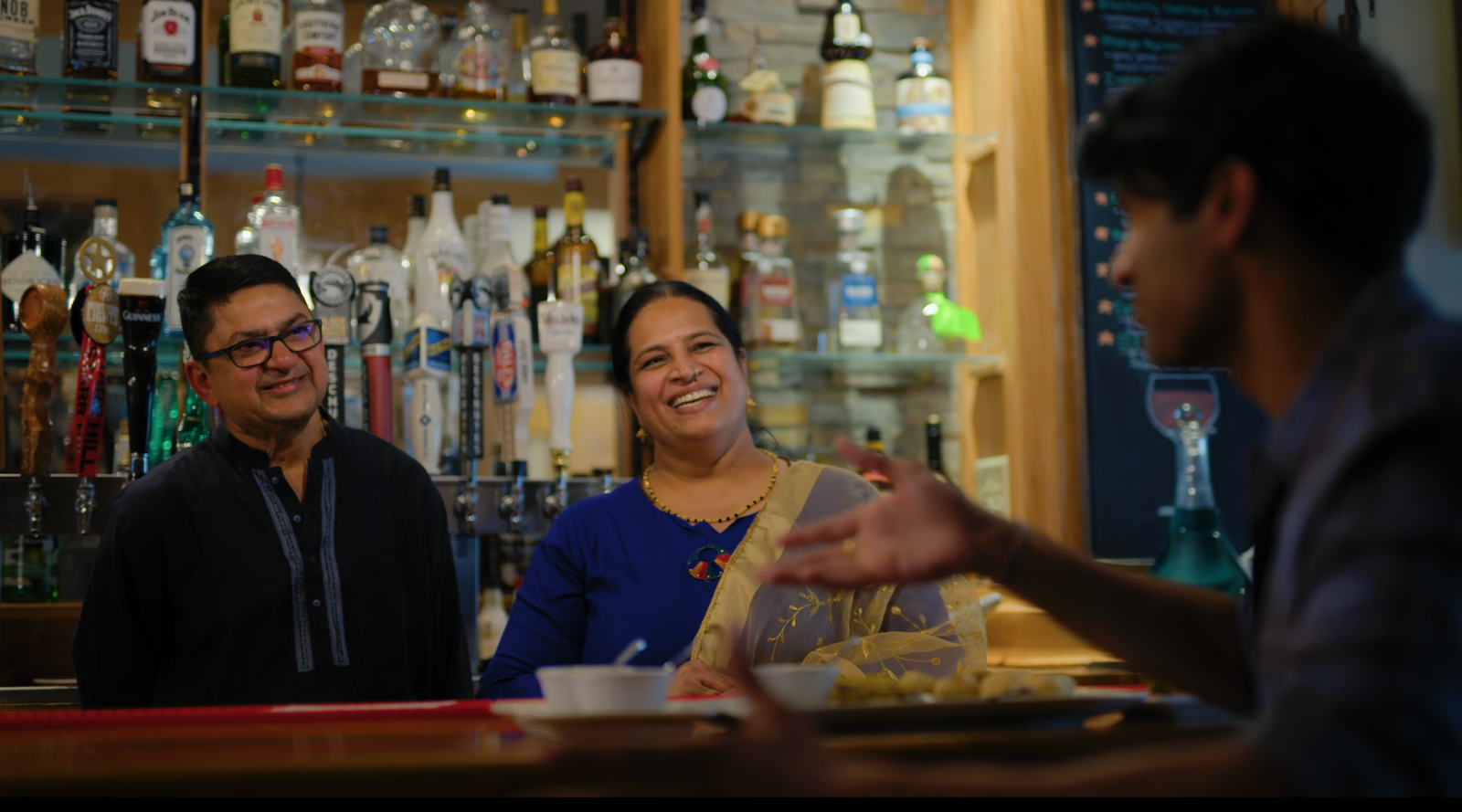
TAAZA OWNERS SARA AND PETER Radjou WITH PBS SHOW HOST Rupak Ginn. photo provided by PBS.
“Initially it was the mountains that brought us here. We were just captivated by the landscape. As South Asians, we would drive to the ends of the Earth to see a waterfall!” — Sara Radjou, co-owner of Taaza Indian Cuisine
Tiny, black peppercorns from Southern India give kick to many dishes at Taaza Indian Cuisine, including their popular steamed rice cakes called idli. That surprises many people, explained Sara Radjou, who owns the Roanoke, Virginia restaurant with her husband, Peter.
‘’They are more spicy than red chilis,” Sara said, noting that most people assume chilis or curry deliver all the heat in Indian cuisine. But, as the world’s seventh largest country, India has distinct regions with their own food cultures and dialects, just like the United States, and in her part of India, these peppercorns are commonly used.
Sara was raised in a South Indian coal town called Neyveli. “Growing up in a smaller town in India, people were so friendly,” she said, “People know who you are through your parents or your siblings.”
That small-town feel was particularly appealing when the couple considered moving to Roanoke in 2002. They’d spent decades in New York City and the Washington, D.C. metro, where Peter cut his teeth as a chef, eventually opening two restaurants.
“Initially, it was the mountains that brought us here,” said Sara. “We were just captivated by the landscape. As South Asians, we would drive to the ends of the Earth to see a waterfall!”
In the Roanoke area they found waterfalls galore and also a welcoming community. Sara remembers being struck when her children’s schoolteachers began appearing at the restaurant, wanting to get to know her and Peter and eager to try their cuisine. “Those kinds of little, special moments tie back to why we are in this business,” she said.
PROVING INDIAN-APPALACHIAN IS A THING!
Though Appalachia is rarely portrayed as a hub for immigrants, many of the region’s cities and towns — like Greenville, South Carolina; Asheville, North Carolina; and Sevierville, Tennessee — attract a substantial number of people from other countries. In Roanoke City, 6.6% of residents are now foreign born and many more are one generation from parents who were born outside the U.S.
The Radjous have noticed the change, especially the growth in South Asian culture. When they first opened Taaza, they had to drive back to the D.C. metro for ingredients. Today, they’re all delivered right to the couple’s door.
As area immigrant communities have grown, so have support services for families transitioning to their new hometown and events celebrating the city’s diversity. Local Color, for instance, is now one of Roanoke’s biggest festivals. Founded by Chinese immigrant Pearl Fu in 1991, it fills Roanoke’s downtown with food, music, and activities that spotlight the city's many ethnic and racial heritages.
In Roanoke, Peter also found room to experiment. In 2019, the couple opened a second restaurant called Food Fanatics that artfully wove Indian and American foods together, and Peter developed a love for bacon. “I compete in Roanoke’s Bacon Festival every year and have taken first place five times,” Peter explained after snagging another award at a much bigger competition. The same year they opened Food Fanatics, his “Acorn Squash Stuffed with Bacon and Fall Vegetables” won the Bacon World Championship title at the World Food Championships.
Accolades like these caught the eye of Rupak Ginn, an actor and host of the PBS series Spice Road. In the show, Rupak takes a culinary journey across America to find South Asian cuisine, culture, and community, and since his wife Nancy is from Roanoke, Rupak knew the city well. He thought the Razou’s would be perfect in the show’s second season.


PBS HOST RUPAK GINN WITH HIS CHILDREN. PHOTO PROVIDED BY PBS.
“The spark for the show was really this idea that it’s cool to have differences,” Rupak said, and his Appalachian episode explores not only South Asian life but also his wife’s heritage as a Black Roanoker.
Nancy’s mother was raised outside of town and worked at the family’s country store. “There were always all these exotic, specifically Southern foods — pigs feet, pickled eggs, souse meat, pig brains, chitlins,” explained Nancy in the show, “and it was a way to keep our culture alive and our customers happy.”
Today, Rupak makes Southern recipes right alongside South Asian ones, connecting his and Nancy’s children to both of their culinary heritages. “I love cooking with my kids,” said Rupak. “They can learn to identify all the wonderful smells that come up from the pan.”
This melding of cultures is nothing new in Appalachia, where food traditions range from Native American dishes like pinto beans to Italian-derived dishes like the pepperoni role to an adapted version of the Hungarian stew goulash. For some 400 years, immigrants have poured into the region, attracted first by the promise of free (albeit stolen) land; then by coal jobs; and today, by a quality of life that’s hard to find anywhere else.
With their restaurant in Roanoke’s Grandin Village, an old streetcar neighborhood on the National Register of Historic Places, the Radjous know they landed someplace special. “Certainly moving to Grandin was the best decision we’ve made,” said Sarah, who loves watching people pause and sniff in front of their restaurant. “People walk by and eat with their eyes and noses before they sit down at a table.”
What started out as an infatuation with the Blue Ridge Mountains, which Sara describes as a “symbol of stability” for her family, has led to something much deeper for the Radjous — a community that celebrates its many backgrounds and a permanent, lasting home.


